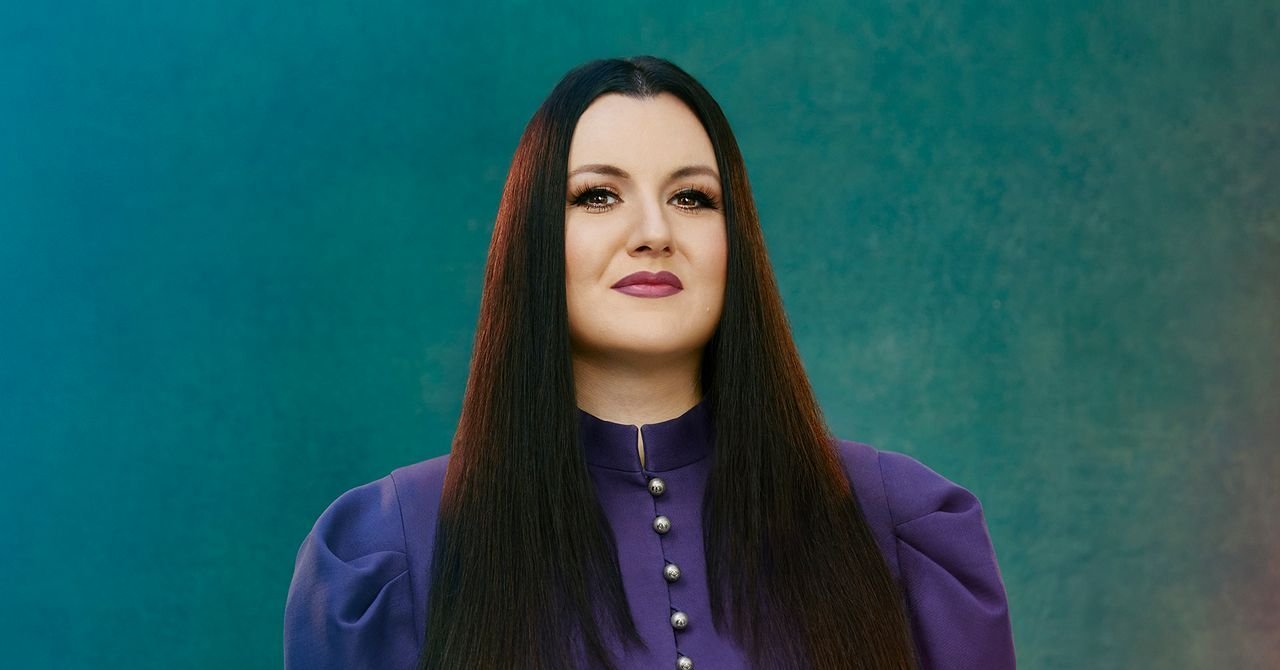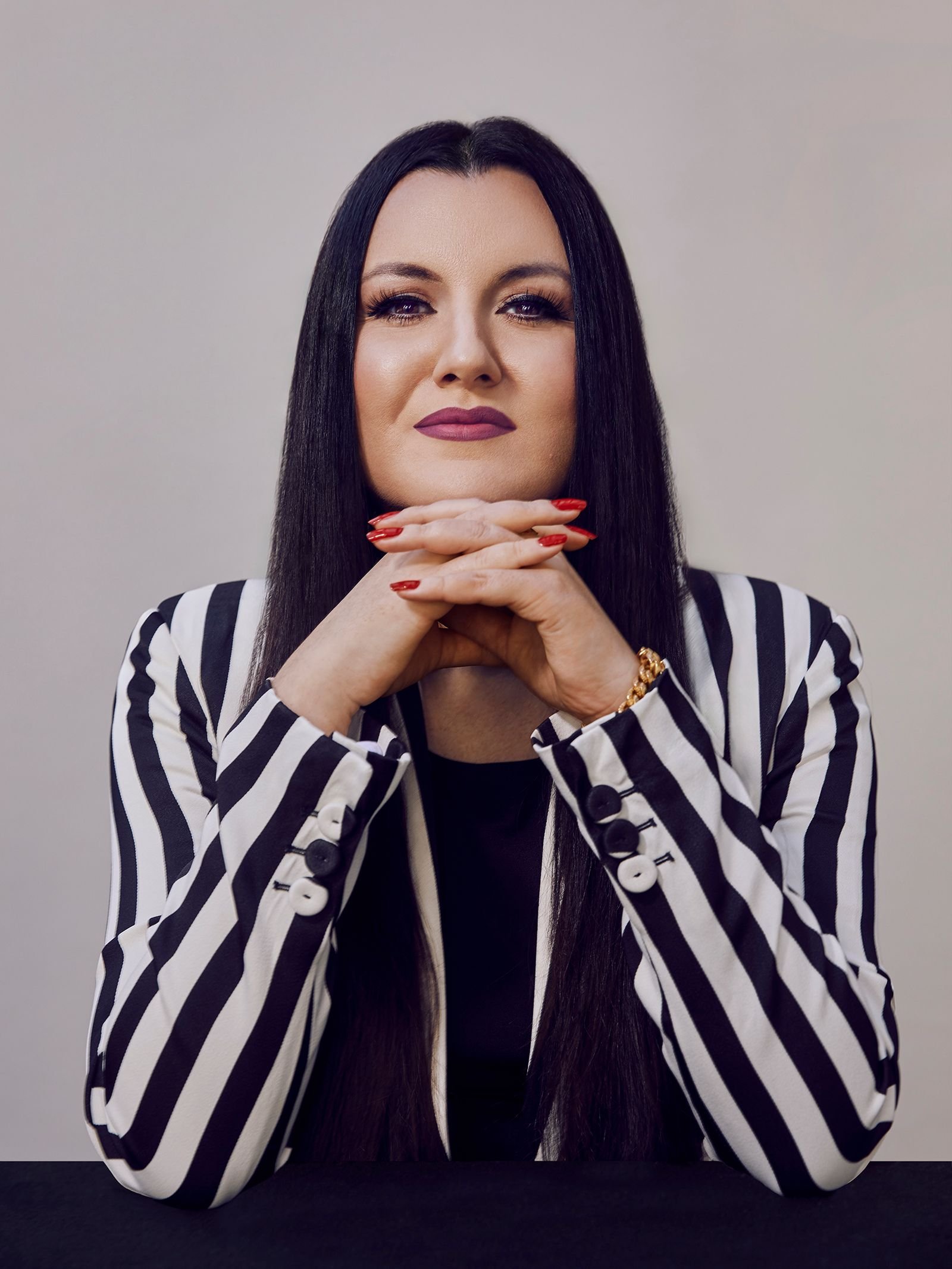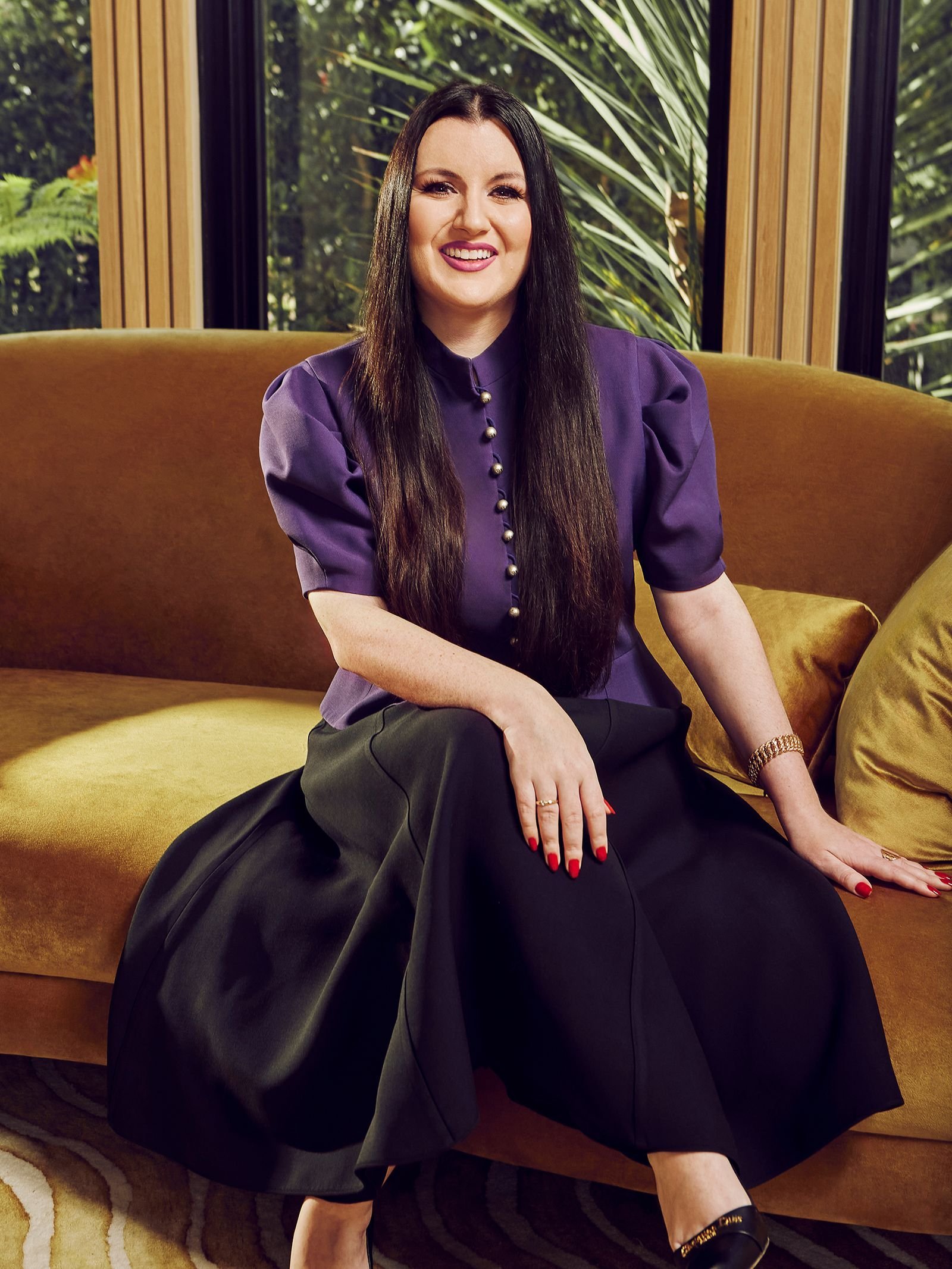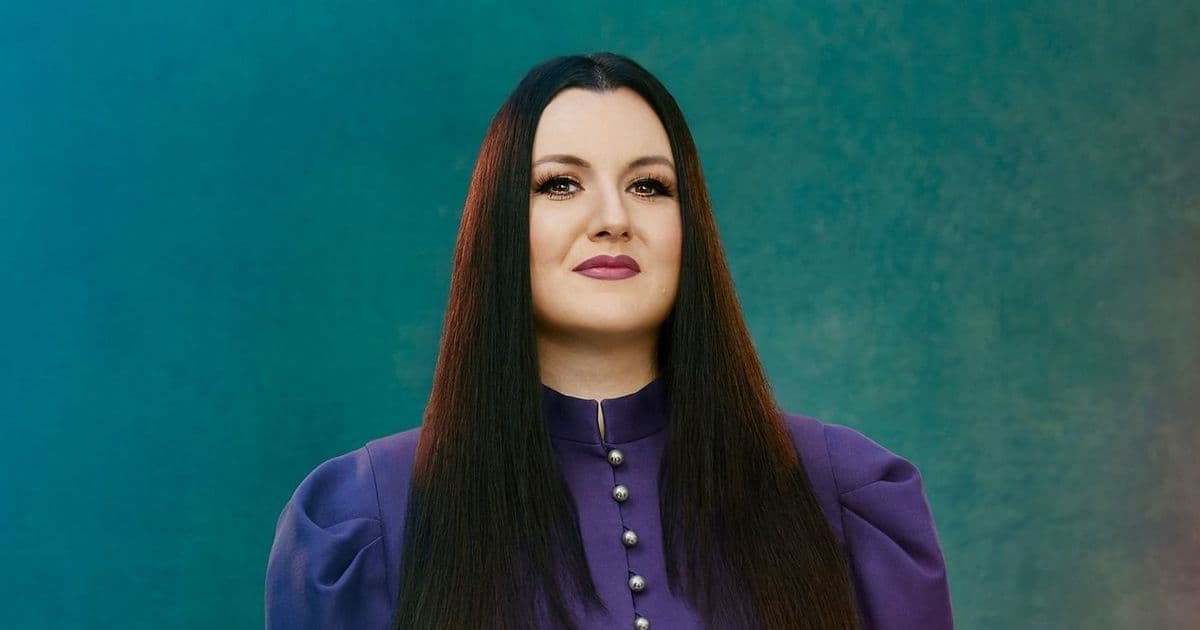With Sam Altman focused on research and compute, Fidji Simo has taken charge of OpenAI's commercial ambitions, working to bridge the gap between AI intelligence and real-world adoption while managing her own health challenges.
Fidji Simo: The CEO Tasked With Making ChatGPT Profitable
"We do not battle for scope," says Fidji Simo, CEO of Applications at OpenAI. "We battle for less scope."
In the increasingly complex organizational structure of OpenAI—where a nonprofit oversees a for-profit that has become a public benefit corporation—there are now two CEOs. Sam Altman remains the chief executive of the entire company, focusing on research and compute resources. And since this summer, there's Fidji Simo, the former CEO of Instacart, who manages everything else.

Simo hasn't been seen much at OpenAI's San Francisco office since she began her role in August. Her presence is felt throughout the company, however, particularly as she heads up ChatGPT and nearly every function that might generate revenue. Simo is dealing with a relapse of postural orthostatic tachycardia syndrome (POTS), a condition that makes her prone to fainting if she stands for long periods. For now, she's working from home in Los Angeles, but she's deeply embedded in OpenAI's operations—especially on Slack.
"Being present from 8 am to midnight every day, responding within five minutes, people feel like I'm there and that they can reach me immediately," she explains. Employees confirm this is true. OpenAI's famously Slack-driven culture can be overwhelming for new hires, but apparently not for Simo, who is often seen popping into channels and threads, sharing thoughts and asking questions.
From Meta to OpenAI: A Product Visionary Takes Charge
Outside Silicon Valley, Simo's hiring came as a surprise. For those in the know, it was less of a shock. A native of Sète, a small fishing town in southern France, Simo made her name running the Facebook app at Meta before taking the top job at Instacart in 2021. She took the grocery startup public two years later. In the Valley, she's known as a product visionary with a reputation for scaling consumer apps globally.
Simo's role at OpenAI is, in large part, to do the same—transform the company's research breakthroughs into moneymaking, must-have consumer products. She faces staggering competition from tech giants like Google and Meta, as well as AI startups founded by OpenAI alumni, including Thinking Machines Lab, Anthropic, and Periodic Labs.
"The thing that keeps me up at night is that the intelligence of our models is well ahead of how much people are using them," Simo says. "I see my job as closing this gap."

Closing the Gap Between AI Intelligence and Real-World Usage
Since arriving at OpenAI, Simo has overseen several initiatives aimed at making AI more practical and accessible to everyday users. She launched Pulse, a product that connects to users' calendars and provides personalized information based on their schedule, chat history, and feedback. She's created a jobs platform to help people get AI-certified and find roles that utilize their new skills. And she's doubled down on improving ChatGPT's responses to people experiencing acute mental health crises.
Eventually, sources say, she'll be the person deciding how to roll out ads in ChatGPT's free tier—a delicate balance between monetization and user experience.
"I believe that there's going to be massive job creation, but some job categories are going to be deeply disrupted," Simo acknowledges. "That's why one of my first initiatives was launching OpenAI certifications, where we want to certify 10 million workers to be AI-ready, and a jobs marketplace to connect them with opportunities to apply those skills."
The Challenge of Monetization While Preserving Mission
OpenAI is one of the world's most valuable startups, yet it's losing billions of dollars annually. Simo sees the path to profitability in creating products that deliver immense value to users.
"In the past, only the wealthy had access to a team of helpers," she explains. "With ChatGPT we could give everyone that team—a personal shopper, a travel agent, a financial adviser, a health coach. That is incredibly valuable, and we have barely scratched the surface. If we build that, I assume that people are going to want to pay a lot of money for that, and that revenue is going to come."
She also sees enormous potential in the enterprise space. "On the enterprise side, we sell an API and ChatGPT Enterprise, which is a great product but a very thin layer compared to all the things that we could be building for enterprise. If you think about building agents for every industry and function, there is so much to build, either by us or by enabling third parties to build on top of our platform."

Leading Through Constraints: Health and Culture
Simo's leadership comes with unique constraints. Her POTS condition requires her to work from home much of the time, a significant adjustment in a company known for its in-person culture. She's addressed this by being transparent with her team about her condition and being exceptionally available through digital channels.
"The thing that really helped is that I was very up-front," she shares. "On day one, I sent a message to everyone explaining in detail my condition, because there is a real challenge with invisible illnesses. You'd look at me and think I'm fine. And so explaining very transparently like, 'Hey, I would really love to be in the office right now more than anything, and there are some days where I'm going to be able to do that, and there are some days where I have to work reclined.' I think that actually created a lot of trust."
Her personal experience with health challenges has also influenced her product priorities. "My passion for health has allowed me to narrow in on things that we can do to help with health care," she notes. "I want a world where health conditions don't get in the way. Either because we can cure them or because companies accommodate them. We can have technologies that make it easier."
Navigating the AI Landscape: Safety, Ethics, and Competition
Simo is keenly aware of the ethical responsibilities that come with leading a company at the forefront of AI development. At Meta, she reflects, "I don't think we did well is actually anticipating the risks that our products would create in society. At OpenAI, these risks are very real."
Mental health and jobs were her first two initiatives when she joined the company. "I was looking at the landscape and being like, 'Yep, immediately, mental health is something that we need to address. Jobs are clearly going to face some disruption, and we have a role to play to help minimize that disruption.'"
When it comes to competition, Simo acknowledges the crowded field but remains confident in OpenAI's position. "We believe that every category of software is going to be reinvented for AI, and that we have a role to play in making sure that all of the products that we use in the future are AI-enabled, AI-native from the ground up."
The Future of AI: Human Creativity in the Age of Machines
As AI continues to advance, Simo sees humanity's edge in creativity. "Humanity is endlessly creative. AI gives us superpowers to be even more creative. So this notion that humans will just tap out, like, 'Oh, we're done,' doesn't resonate with me at all."
She's instilling this creative mindset in her own 10-year-old daughter. "We're all born creators, but we sometimes forget that as adults. I see her going from idea to creation faster than I could. She's created three businesses and she's 10. She's written a song, she's written a book, because it's just so easy."
When asked about the fear that AI might wipe out humanity, Simo is pragmatic. "I wasn't educated in that fear before I began digging into OpenAI. That said, we are doing everything we can to make sure that that doesn't happen."
A Unique Leadership Structure for Extraordinary Times
Simo's role at OpenAI is part of a unique leadership structure designed to address the company's dual identity as both a research lab and a commercial enterprise. "What Sam wanted was the ability to focus on research and compute, so I am trying to make sure that he can free up his time," she explains. "Meanwhile, he realized that this is a company that evolved primarily from a research lab but became a really important product company, and that requires a different muscle."
When asked if she'd ever consider becoming CEO of the entire company, she demurs. "Let's be very clear: What Sam does, I cannot do. There's so much to do just on my scope that I think I have a decade or more of things that I can do just right there. And I'm telling you, we need all of us. We need Sam so badly. We need me."
As OpenAI navigates the treacherous waters of AI development, commercialization, and ethical responsibility, Fidji Simo stands as a unique figure—a product visionary leading the charge to make AI not just intelligent, but useful, profitable, and accessible to all. Her journey, marked by both professional achievements and personal challenges, offers a compelling glimpse into the future of leadership in the age of artificial intelligence.

Comments
Please log in or register to join the discussion